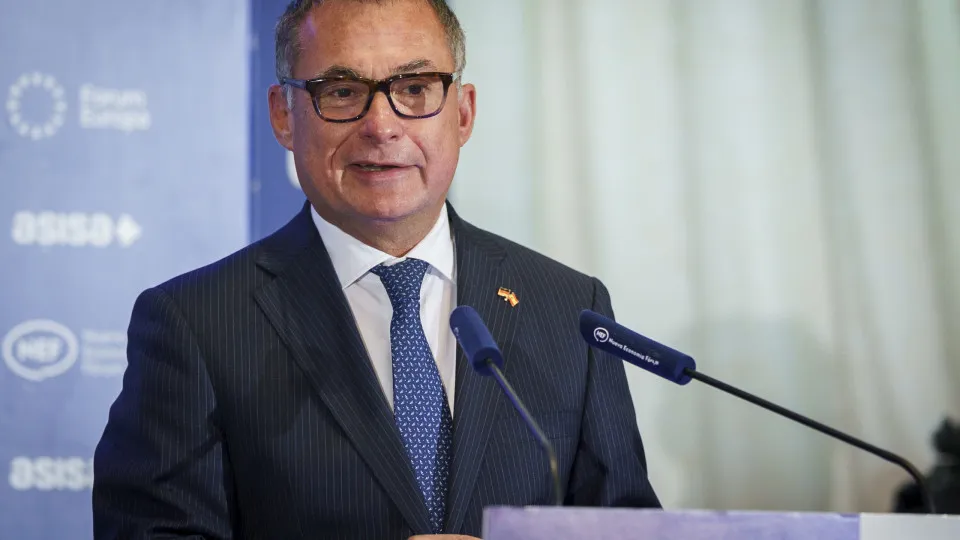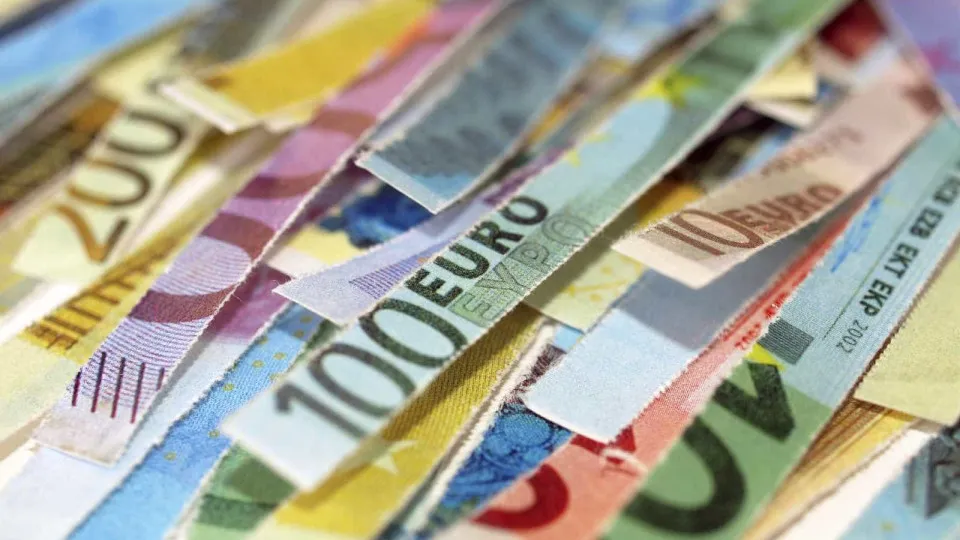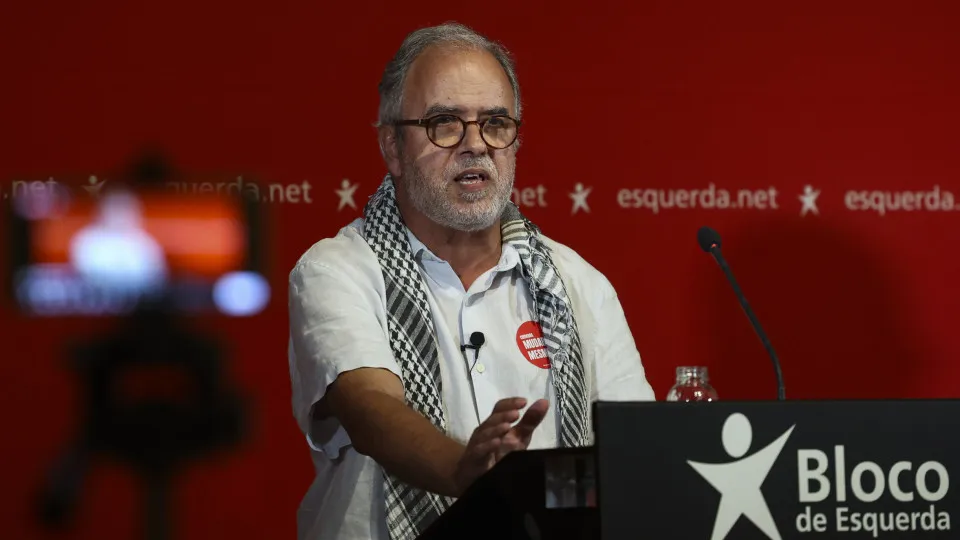
The President of the European Central Bank (ECB), Christine Lagarde, stated that increased spending on defense and infrastructure, especially in Germany, will have a “measurable effect on growth” in Europe during the 35th European Banking Congress in Frankfurt, Germany.
On a similar note, ECB Vice President Luis de Guindos remarked in Bilbao that increasing defense expenditure is “essential” and “an unavoidable goal” for Europe, but emphasized that such spending must align with “maintaining fiscal stability in the medium term.”
In Frankfurt, the President of the German central bank noted that external trade will not contribute as much to European growth as it did in the past decades.
Lagarde echoed this sentiment by stating that exports, which previously drove European growth, are no longer the economic engine due to geopolitical tensions, trade frictions with the United States and China, and heightened global competitiveness.
“Global shocks have intensified,” she said, and “growth in the eurozone has become more uneven.”
Brussels forecasts growth of 1.3% this year and 1.2% in 2026, a reduction of 0.2 percentage points announced on Monday due to trade uncertainties.
In the two decades prior to the pandemic, external trade as a percentage of Gross Domestic Product (GDP) doubled in the European Union (EU), while in the US it remained largely unchanged. In the EU, it increased from 26% to 43%, and in the US only from 23% to 26%.
During the same period, the number of jobs supported by EU exports to third countries grew by 75%, reaching nearly 40 million.
BCE projections indicated an 8% growth in exports by mid-2025, but this expectation was not met.
“This was felt more acutely in countries with large manufacturing sectors, which faced a prolonged decline in industrial production,” said Christine Lagarde.
Nevertheless, the ECB President believes that Europe can offset the negative impact of American tariffs on economic growth by reducing internal barriers within the EU.
This internal reduction would increase trade within the EU by approximately 3%, offsetting a 0.7 percentage point reduction in GDP growth between 2025 and 2027 caused by American tariffs and associated uncertainty, according to ECB calculations.
“If we make our single market truly singular and truly simple, European growth will no longer depend on others’ decisions, but on our own choices,” she explained.
“This has been my message for six years. It is even more urgent today,” she warned, adding, “Six more years of lost growth, lost productivity, would not only be disappointing. It would be irresponsible toward future generations.”




